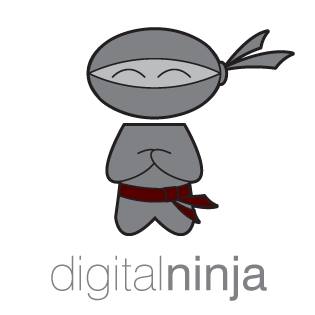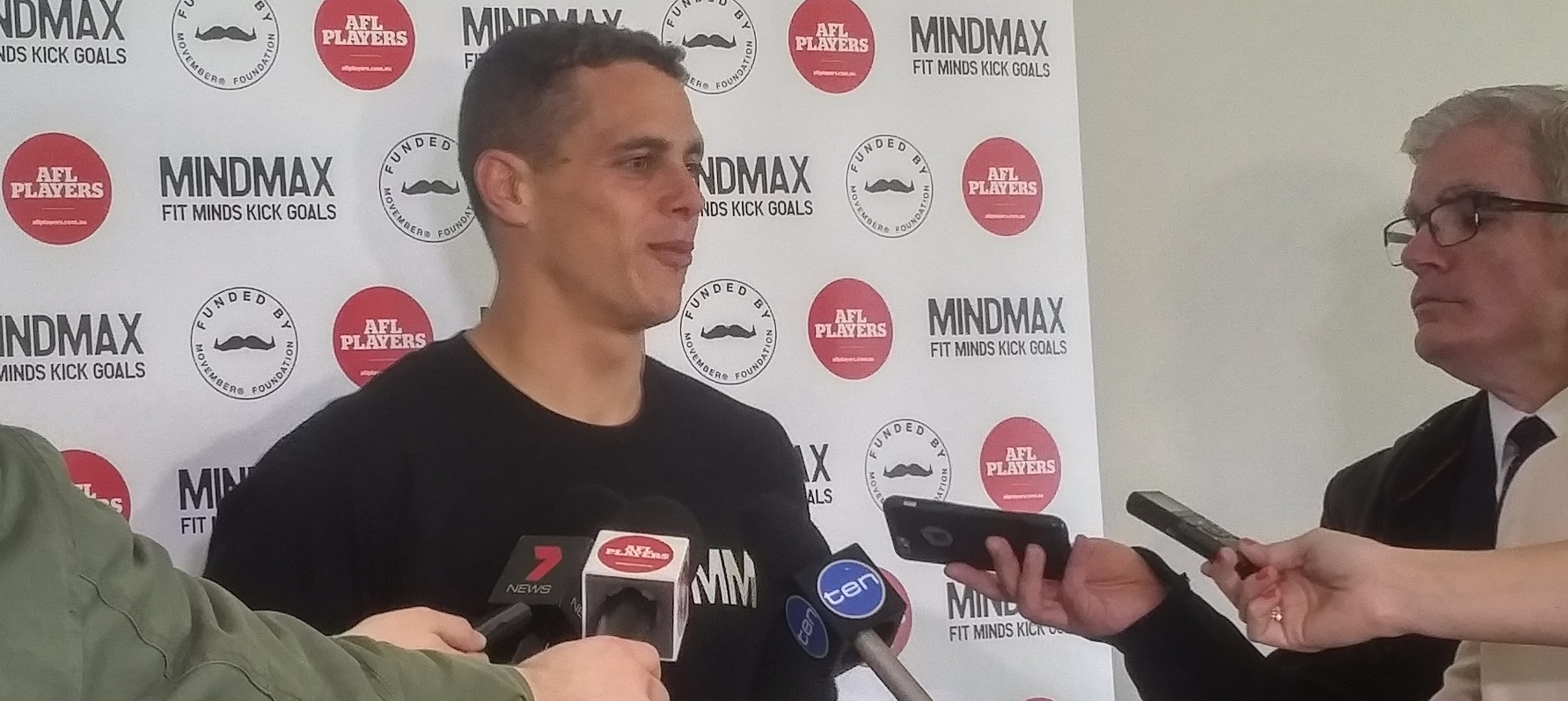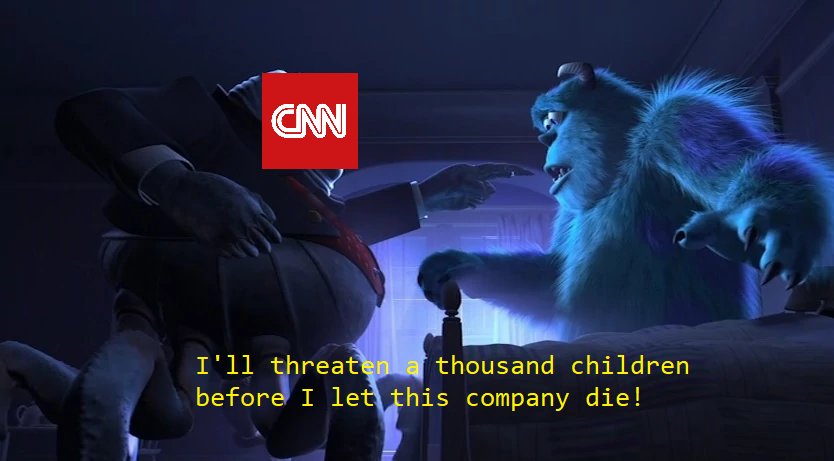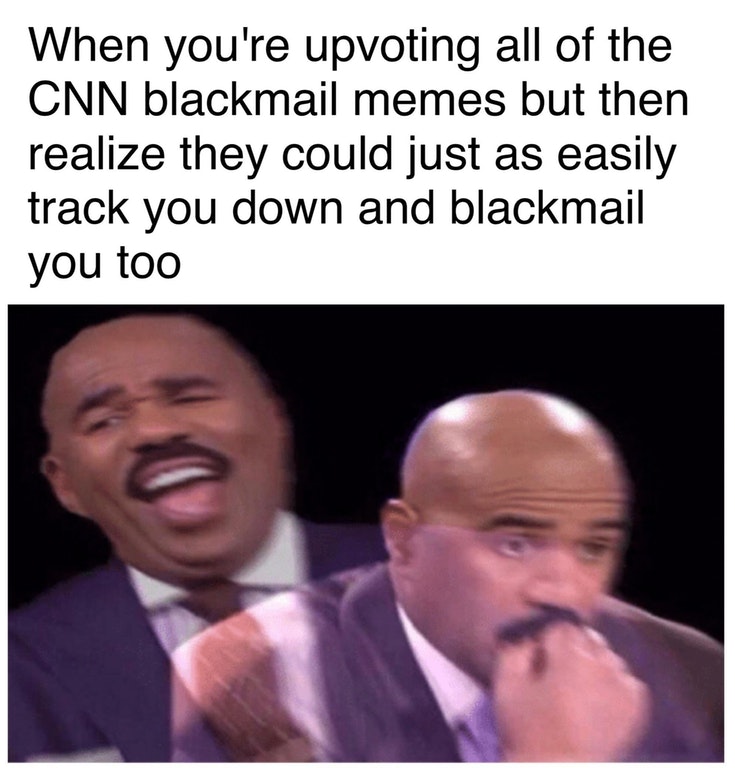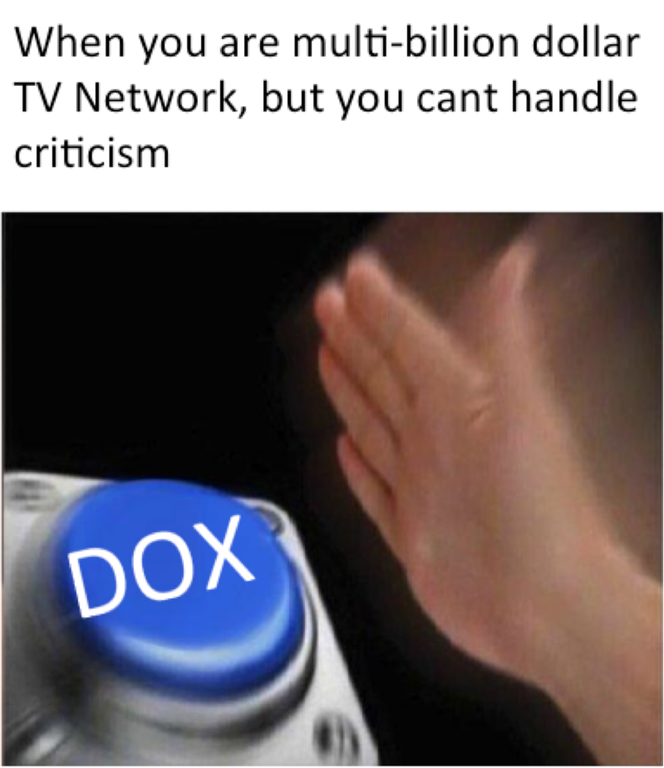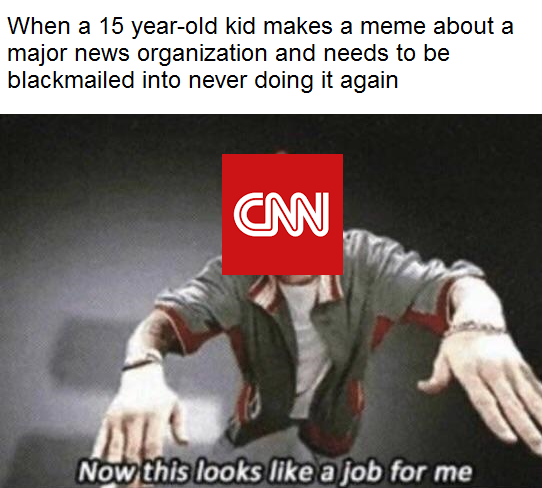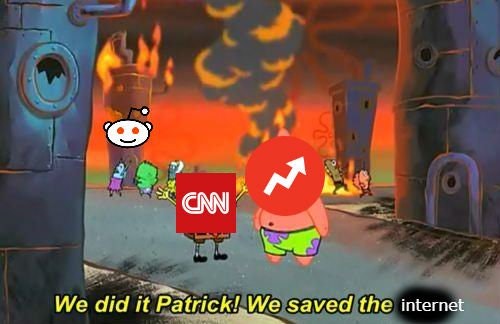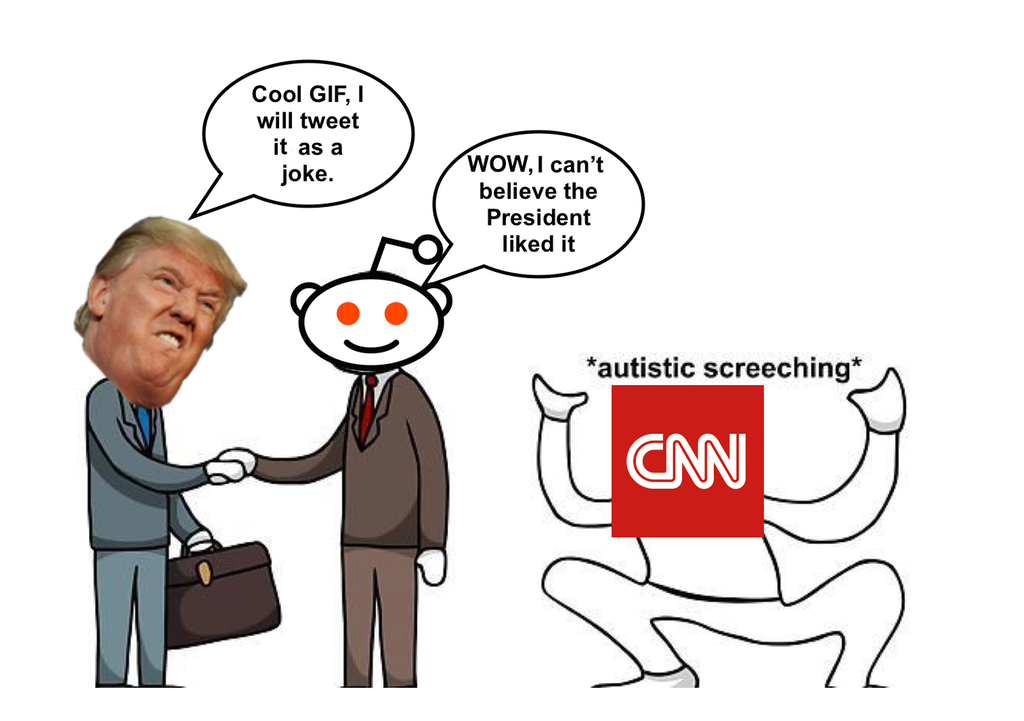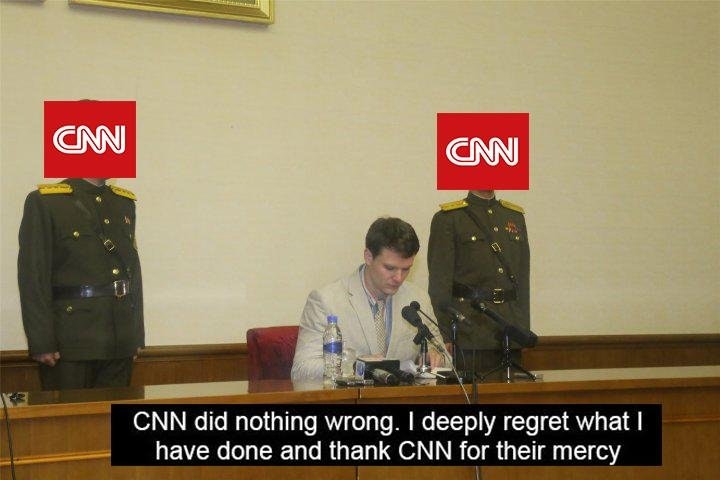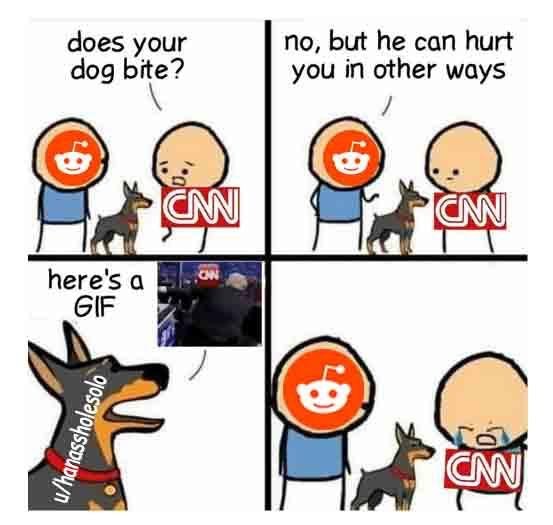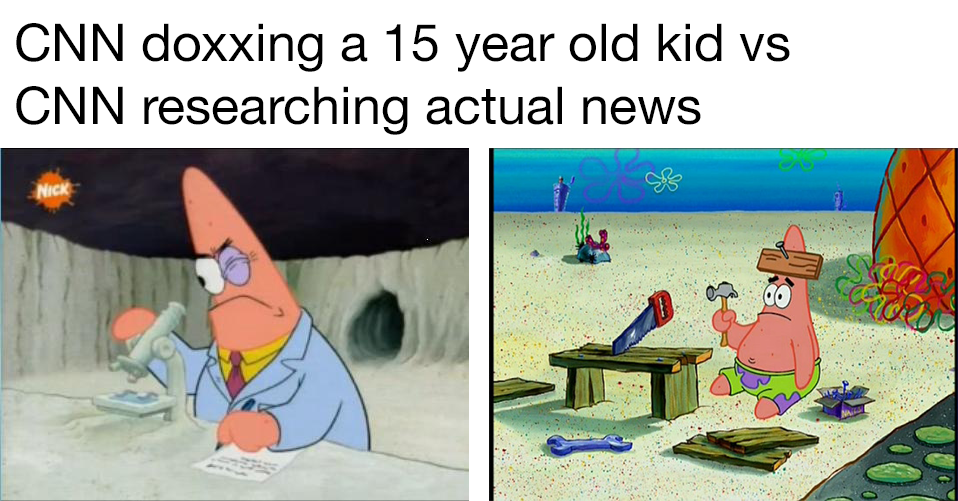6 Ways to Make the Most of Your Internship Experience
/There's a lot of information and advice thrown at you when leading up to an internship. A lot of it centres around the practicalities of what to wear, how to act and what time to show up. These are all important little housekeeping items, but what happens when you're on the job?
The internship is your foot in the door to these places and it's up to you to make the most of it. You're there to learn, but also to connect with people and get a sense of what the industry is like. Here's some advice for how to make the best of your internship opportunities.
1 - Don't Panic
It can be intimidating walking into a newsroom without the same level of experience a reporter would have. But don't get too anxious, you're here to learn. While most newsrooms expect you to be competent and have a decent range of skills, most of them don't expect you to jump into the role and be a Walkley winning journo.
Most places will understand that you lack the years of experience their paid staff have and ease you into the position there. Producers and reporters will usually take the time to show you the ropes and are happy to help with any problems that arise, which brings us to our next point...
2 - Ask dumb questions
It's important to show you're experienced, knowledgeable and that you can be good addition to the newsroom you're interning at, but don't let it be at the cost of your experience.
You're here to learn from people working in the industry and have access to people who probably wouldn't give you the time of day otherwise. If you don't know something, ask! It doesn't matter how dumb the question might be in your head, this is the opportunity!
3 - Keep busy
Newsrooms are finely tuned machines, with each person carrying out a specific role in telling people what's happening in the world. Don't sit around waiting for people to assign you stories and tasks, often they're too busy to check whether the intern needs work.
Ask around - Can a producer give you some work? Can you go along with a camera crew on a shoot? The worst thing they can do is say no. It shows people you're there to help with anything they need, and it sure beats sitting there checking Twitter every two minutes.
4 - Prepare for long days
Unfortunately for journalists, news doesn't follow a nine-to-five cycle. Something is always happening and when news breaks late, expect to stay late. It's no small feat to whip together a whole day's news in a couple hours or less, so it's all hands on deck when that happens.
Even on a normal day, you'll be always on, trying to do your best work. It can be really tiring when you're not used to using 100% of your brain all day, so it's important you take care of yourself. Nobody is going to tell you to go have lunch, and don't expect a clear cut break. In most cases it's up to you to find a few minutes to get a bite to eat.
5 - Network, Network, Network!
During the internship you've got the weight of a newsroom backing you. Whether it's The Sydney Morning Herald or the Milton Ulladulla Times, having that name behind you opens up so many more doors than saying you're a student journalist or freelance. People will listen to your questions, doors will open that were shut before.
Networking doesn't stop outside the newsroom either. Take time to meet everyone in the newsroom and introduce yourself. Engage in conversation and get involved in workplace events. Connect with people on LinkedIn and follow them on Twitter. Most newsrooms get in a few interns every year so it's up to you to ensure they remember your name when you leave.
The networking doesn't have to stop when your internship is over. Send emails every 4-6 weeks to the people you connected best with, message them about the stories they did, remain engaged.
6 - Pitch stories
Some newsrooms expect you to come in with ten ideas for stories every morning. Others don't expect you to have developed news gathering skills. Regardless of expectation or skill you're a journalist in a newsroom. You should be treating this like a real job and that extends to pitching stories and passing on news tips.
It's also important to know your audience when pitching. Don't tell a sports journalist your cracker yarn about a state politician, pitch to the reporter who's on the round or a producer. Oh, and don't wait until the final week of the internship to share your great story idea. Get in early so there's time to work on it and who knows, maybe you'll have the next front page story.
As mentioned before, you have the weight of a newsroom behind you and that can be a great help in working your own story tips. Just make sure you pitch the story first before using an organisation's credentials so you have their blessing to chase the lead.
You don't have to stop pitching once you've left, either. If you stumble upon a massive story, pitch it to the people who might help you publish it. One of my classmates found a compelling story about some extreme fliers handed out by the president of a school board, and used a connection at The Age to get it published there.
Last of all, the most important thing is to have fun! Journalism is an exciting and dynamic profession where every day is different. The possibilities are limitless!
Disclaimer: These views do not represent the organisations I have interned at, they are my own opinions. Your internship experiences may vary across different newsrooms.
